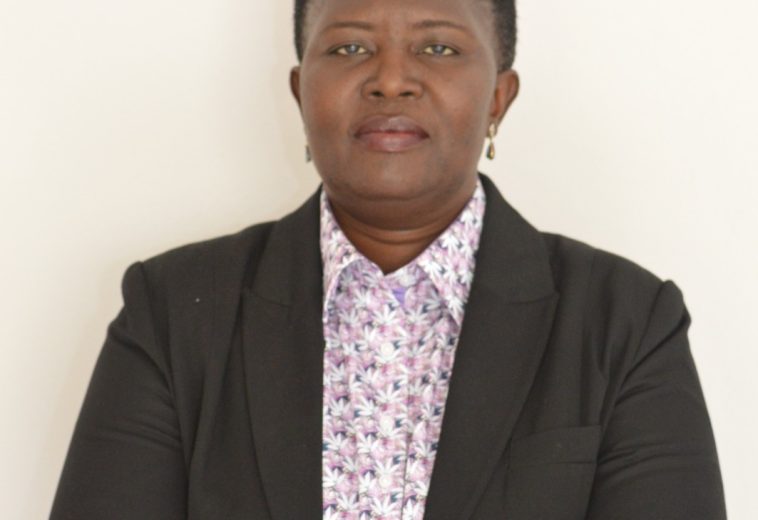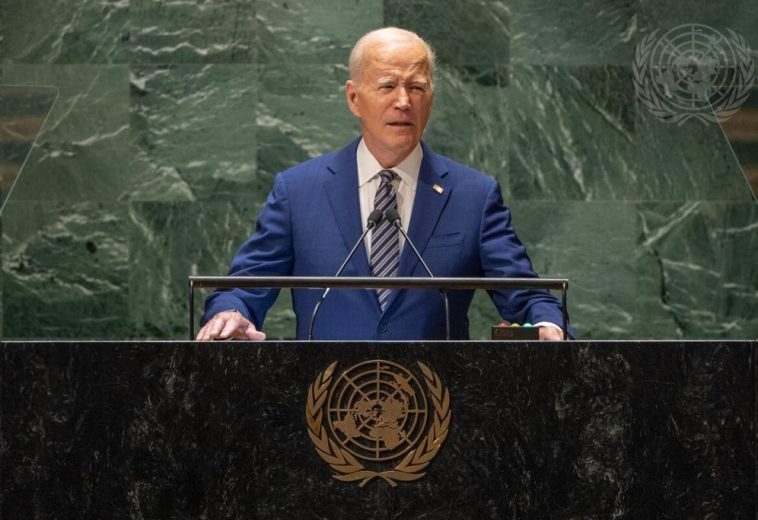New York- In a world increasingly shaped by digital innovation and interconnectedness, the call for stronger partnerships and collaboration between regions has never been more pressing. The recent address by Professor Yakubu A. Ochefu, a distinguished academic and Secretary-General of the Committee of Vice Chancellors of Nigerian Universities, at the International Forum on African-Caribbean Leadership (IFAL) in New York shed light on the potential for Africa and the Caribbean to harness emerging technologies for mutual growth and prosperity.
Historical Bonds and Contemporary Challenges
Professor Ochefu’s address highlighted the deep historical ties that bind Africa and the Caribbean. He reminisced about his academic journey, which began thirty-six years ago when he taught a course on the “History of Latin America and the Caribbeans” in the pre-internet era. Back then, accessing historical materials was a challenge, but it allowed him tolook deep into the rich history of the region.
For him, IFAL 2023 was a dream come true, as it provided a platform to discuss how these regions could strengthen their bonds in today’s digital age. He acknowledged the paradox of our contemporary existence—a world characterised by both systemic disruptions and persistent challenges that have endured for centuries.
Leveraging emerging technologies for collaboration
In his address, Professor Ochefu posed several thought-provoking questions: How can Africa and the Caribbean leverage emerging technologies to improve the well-being of their people? Can digital platforms deepen relationships and collaborations? Can they share experiences and solutions to common developmental challenges? Can education, culture, history, and sports promote peace and prosperity for both regions and beyond?
The answer, according to Professor Ochefu, lies in using their shared culture and history to foster cultural exchanges and people-to-people connections, building bridges of understanding and cooperation. Here are some key insights on how this can be achieved:
1. Strengthening International Relations Through Digital Platforms
African and Caribbean countries can lead in strengthening international cooperation by extending digital platforms that facilitate country-to-country and people-to-people interactions. Personalised approaches can create stronger diplomatic ties and collaboration, transcending geographical distances.
2. Promoting Trade and Investment Through Technology
By using advanced technologies, these regions can promote trade and investment. Governments can work together to create favourable business environments, attract investments, and reduce travel costs. Professor Ochefu emphasised the need for innovative approaches to enhance economic cooperation.
3. Addressing Climate Change and Natural Disasters
Africa and the Caribbean, both vulnerable to climate change and natural disasters, can share knowledge and collaborate on sustainable solutions. This cooperation can help mitigate the adverse effects of these global challenges.
4. Consolidating Democracy and Human Rights
Democracy and human rights are crucial, and challenges remain in both regions. Collaboration in promoting these values can ensure that all citizens enjoy their fundamental rights and freedoms, contributing to prosperity and security.
5. Linking Sustainable Development Initiatives
Linking the sustainable development initiatives of CARICOM and AfCFTA offers the potential to drive economic prosperity, boost trade, and create jobs. The African Continental Free Trade Area (AfCFTA) can become a vehicle for Caribbean involvement.
6. Academic and Research Collaborations
Enhancing academic collaborations between universities and research centres in Africa and the Caribbean is vital. Technology, including virtual classrooms and research networks, can facilitate knowledge sharing and collaborative research efforts.
Building a Digital Future Together
Professor Ochefu’s visionary speech underscores the importance of deliberate and creative collaboration between Africa and the Caribbean in this digital age. By embracing emerging technologies and their shared cultural heritage, these regions can pave the way for sustainable development, prosperity, and peace.
As we peer into the future, it is evident that Africa and the Caribbean have the potential to significantly shape a better world for all. The key is to target creative and intentional collaborations, especially among the younger generation, using technology, culture, commerce, and advanced technology as building blocks for a new global narrative that both regions aspire to achieve.
In an interconnected world where digital diplomacy plays a central role, the African-Caribbean alliance holds the promise of a brighter future, strengthened by shared values, history, and a commitment to prosperity and unity. The call to action is clear—seize the opportunities of the digital age and work hand in hand to forge a stronger and more prosperous alliance.
See the full speech below:
Can we use Emerging Technologies to Foster Historical and Cultural Connections for Development.?
Yakubu A. Ochefu PhD, FHSN, FNAL
Professor of History and Development Studies and Secretary-General, Committee of Vice Chancellors of Nigerian Universities.
21st September, 2023.
Address to The International Forum on African-Caribbean Leadership (IFAL), New York – 2023
I address this distinguished forum today with a deep sense of honour. Let me thank the Executive Chairmen of the Africa Leadership Forum, Dr. Ken Giami, for this opportunity and for his outstanding job in providing platforms that promote Africa to global audiences.
I am excited to share some thoughts on what African and Caribbean governments and leaders can do in an international system to increase partnerships and collaborations to achieve peace, prosperity, and sustainability for all. When I started my academic career thirty-six years ago, one of the courses I taught was “History of Latin America and the Caribbeans.” These were the pre-internet days, and reading materials were difficult to come by. From what I gathered as source materials mainly from the library of the University of Birmingham in the United Kingdom, I could drill deep to the region’s rich history. For me, therefore, the 2023 edition of IFAL is a dream come true for a personal historical trajectory that is three decades old.
In a global environment that is characterized by systemic disruptions of many of the systems and processes that we know and hold dear, but at the same time replete with numerous narratives of challenges that have been with us for centuries, represents the paradox of our contemporary existence. Humankind has leveraged science and technology to create a world that has eliminated many of the sad and dark testimonies that mirrored the recent past. However, many of our primitive and primordial instincts remain pervasive and occupy prominent positions in many forms of daily conversation. It, therefore, seems that as we advance as humans, some of our innate sentiments do not progress in similar terms.
As a people who share a long, deep, and common historical relationship, how can Africa and the Caribbeans introduce new conversations that can significantly improve the well-being of our people? Can we leverage emerging technologies to forge closer ties between our governments and, leaders and ordinary citizens.? Can we deepen the nature and character of relationships and collaborations that add value to our collective developmental ambitions? Can we share experiences of what works and what can be made to work against the backdrop similarities of our developmental challenges.? And can our leaders and people use education, culture, history, and sports to promote peace and prosperity for our people and others who seek the same?
I believe we can do so by using the rich shared culture and history of Africa and the Caribbean to promote cultural exchanges and people-to-people contact to build bridges of understanding and cooperation. Although our global geographical connections may set us apart, we can be deliberate in our efforts to bridge the gaps by using technology to drive some of the ideas listed below.
Mr. Chairman, let me conclude by peering into the near future. Although a saying from the northern part of Nigeria says “that no matter how long the neck of a bird is, it can never see the future”, we can, by using various predictive analysis tools, prognosticate some aspects of the near future. By working together, they can significantly contribute to building a better world for all. We know this with evidence from history. The operating word is to target deliberate and creative collaborations and exchanges, especially between our young people. We must use our young entrepreneurs, students and academia using creative culture in music and movies, sports, commerce and, above all, advanced technology as building blocks to build the new narratives for a new global future that we all seek.
Permit me to recognize my brother and his wife, Hassan and Betty Ochefu for taking the time to join me in New York. Also, in the audience are Ms Kome Igbodigi, Mr Ada Ojile and the Programme Manager of CVCNU, Ms Slyverina Olaghere. I thank you all for making the time.


